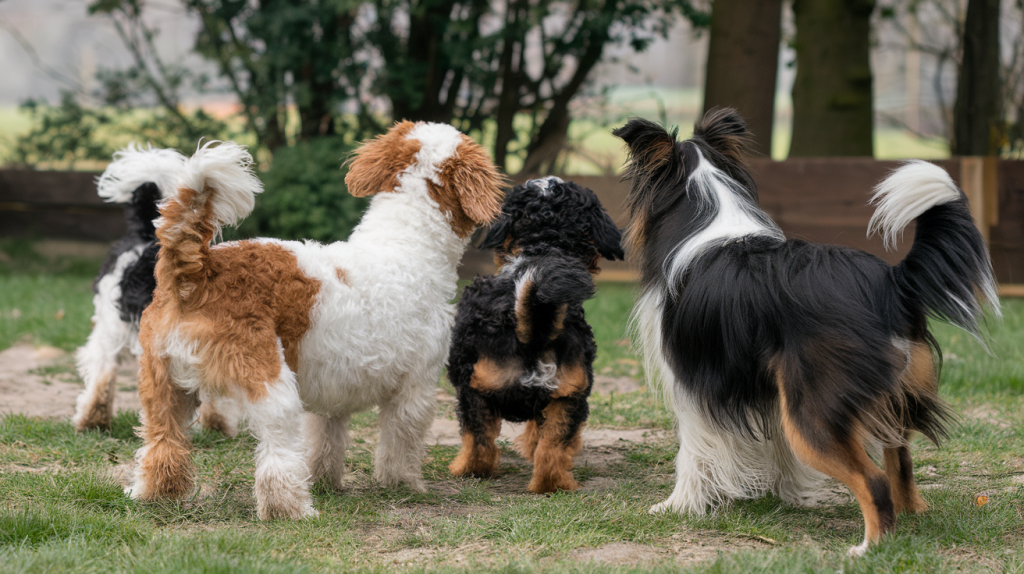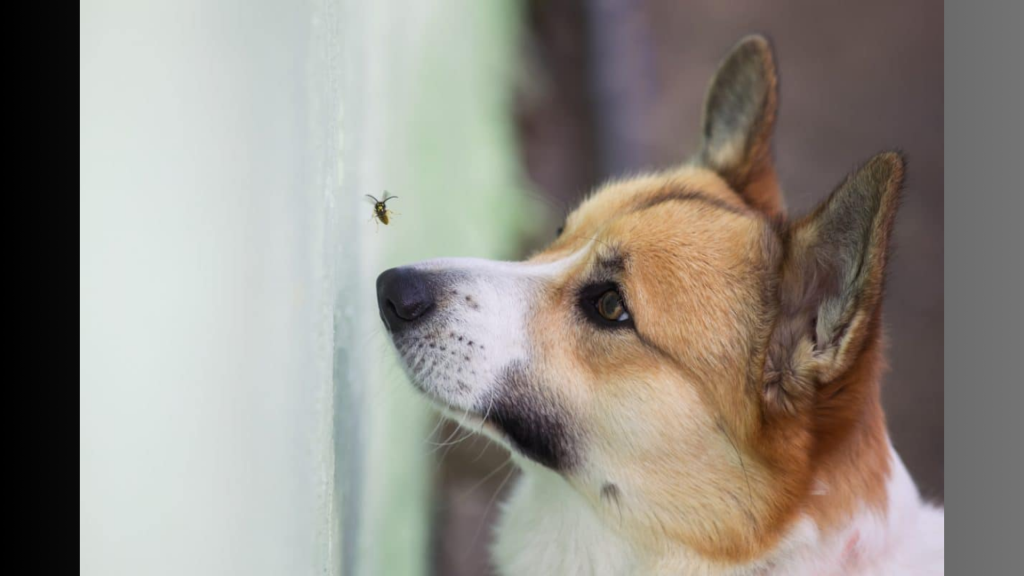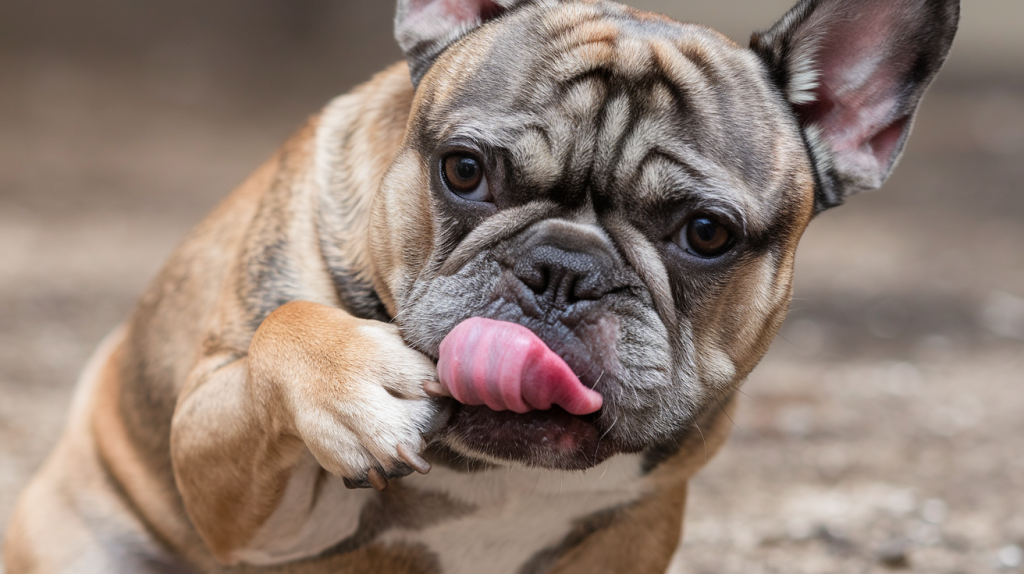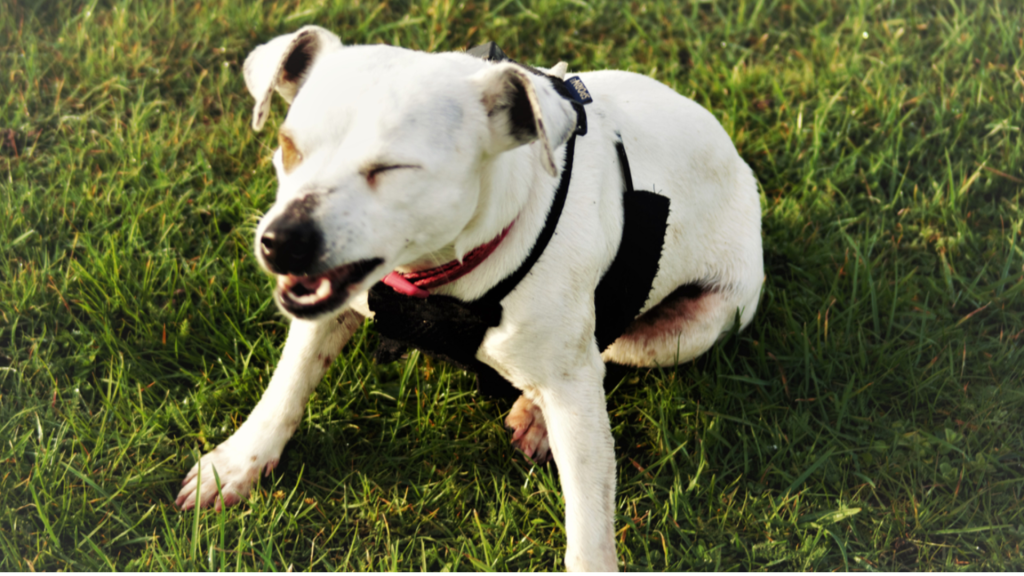Looking for a furry friend that fits perfectly in your home? Small Dutch dog breeds might be exactly what your family needs. These compact companions come from the Netherlands and bring centuries of loyal companionship to modern families.
Dutch breeds offer an amazing variety in small packages. They’re known for being smart, friendly, and great with children. Some love water fun while others prefer cozy indoor time.
Ready to meet these lovely small Dutch dogs? Let’s look at four breeds that could become your family’s next beloved member.
Why Small Dutch Dog Breeds Make Perfect Family Pets?
Dutch dog breeds bring joy to families in many ways. These dogs were bred to work closely with people for hundreds of years. This means they naturally bond well with humans and understand family life.
Most small Dutch breeds are gentle with kids. They’re patient and playful without being too rough. Their size makes them safe around young children. They won’t accidentally knock over toddlers during playtime.
These dogs are also very smart. They learn house rules quickly and respond well to training. Many families love how easy it is to teach them basic commands.
Small Dutch breeds don’t need huge yards. They’re happy in apartments or small homes. A daily walk and some indoor play keep them healthy and content. This makes them perfect for busy families.
Small Dutch Dog Breeds Every Family Will Love
The Netherlands has given us some amazing small dog breeds that fit perfectly into family life. Each breed brings its special mix of loyalty, intelligence, and charm to modern homes.
Dutch Smoushond
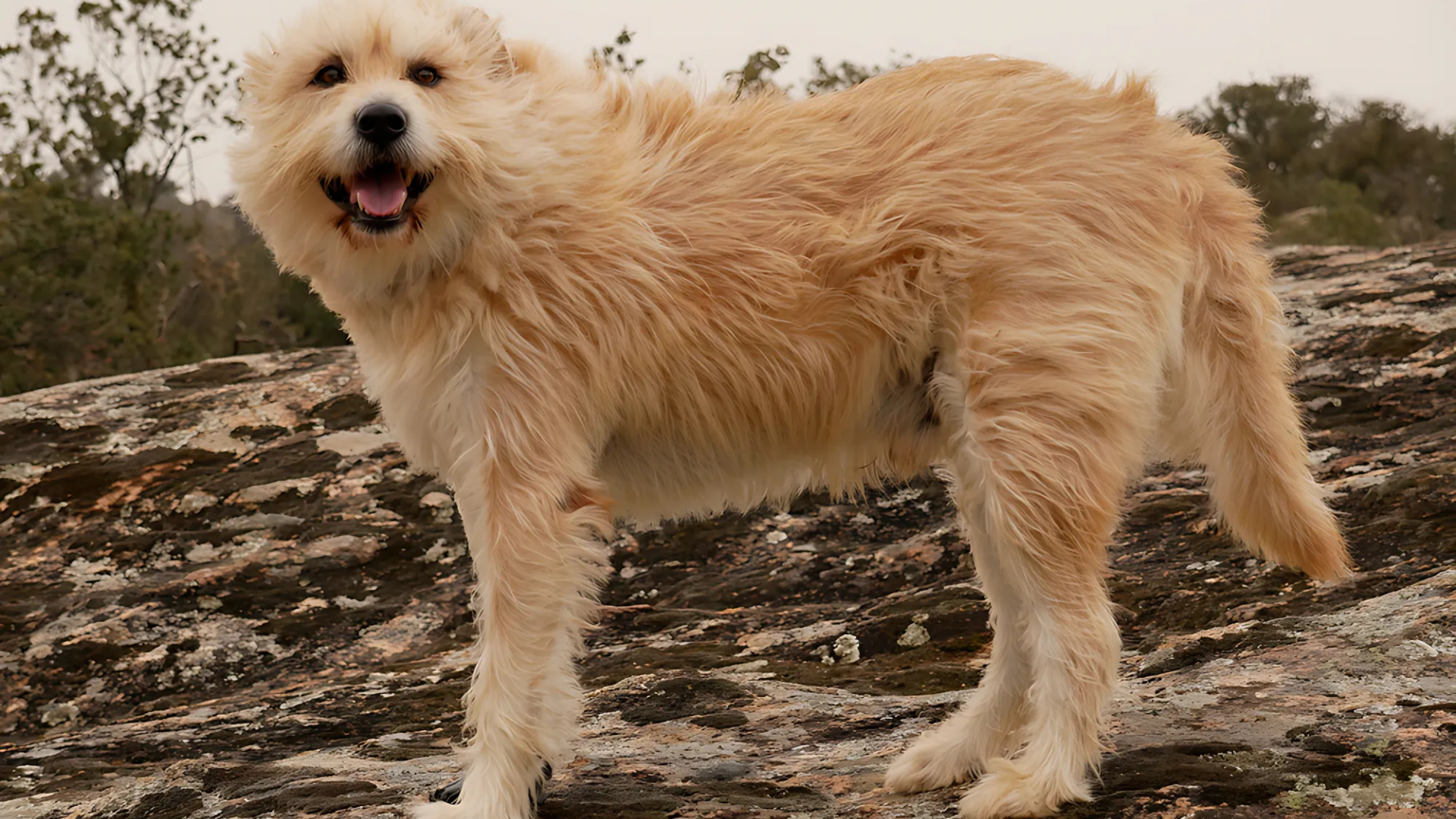
This small terrier is ideal for families seeking a calm and gentle companion. Dutch Smoushonds were originally bred to catch rats in stables and homes.
- Size: Small (18-22 pounds, 14-17 inches tall).
- Personality: Friendly, cheerful, and fearless yet calm.
- Family Life: Great with children, not yappy like other small dogs.
- Care Needs: Low shedding, moderate grooming required.
- Best For: Families wanting a quiet, well-behaved small dog.
Keeshond
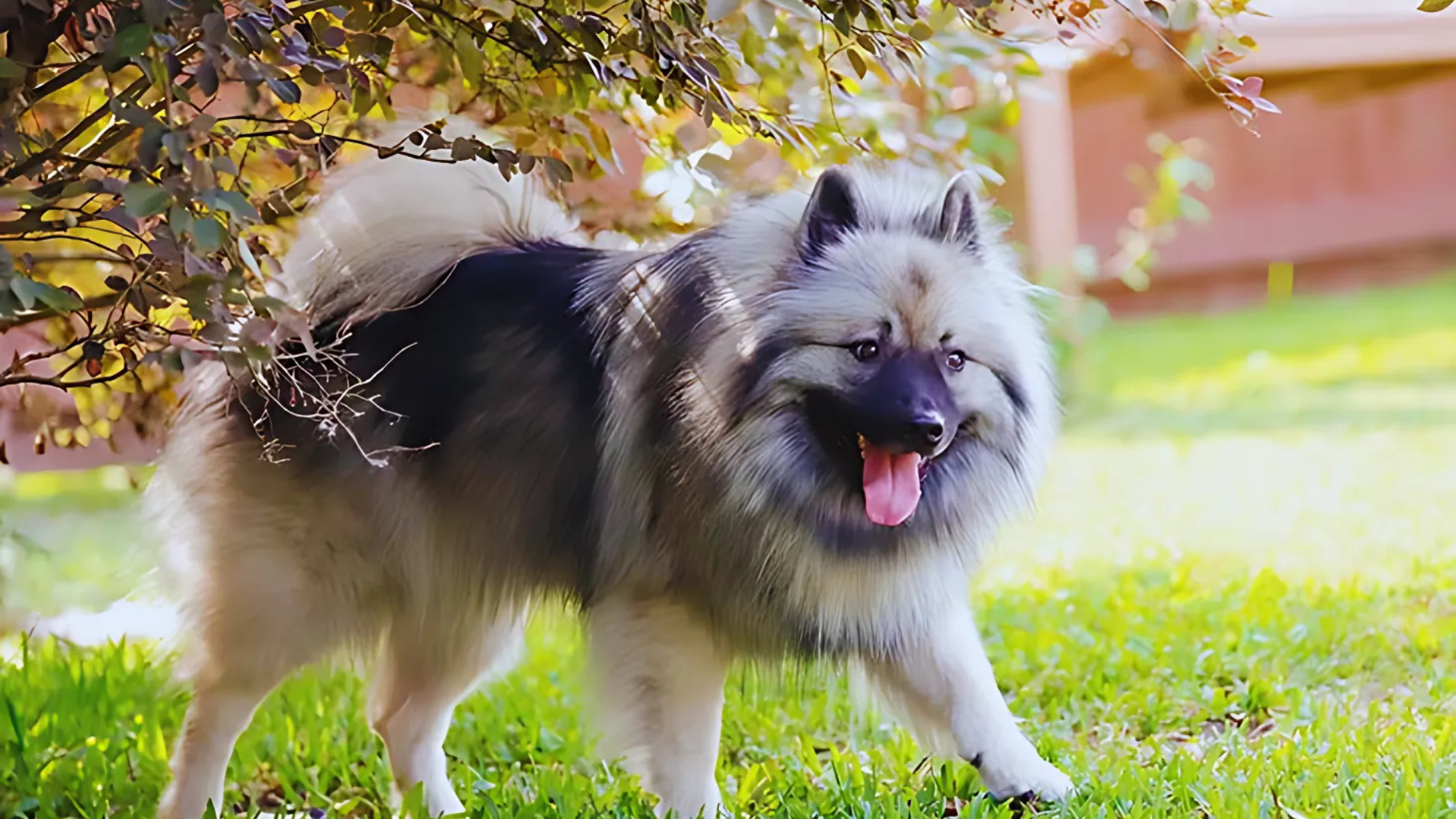
The Keeshond is a fluffy, fox-like dog that loves being part of the family. They were originally companions on Dutch canal boats.
- Size: Medium-small (33-44 pounds, 16-19 inches tall).
- Personality: Affectionate, intelligent, and playful.
- Family Life: Excellent with children, can be wary of strangers at first.
- Care Needs: Moderate shedding twice yearly, regular brushing needed.
- Best For: Active families who want a loyal, loving companion.
Kooikerhondje
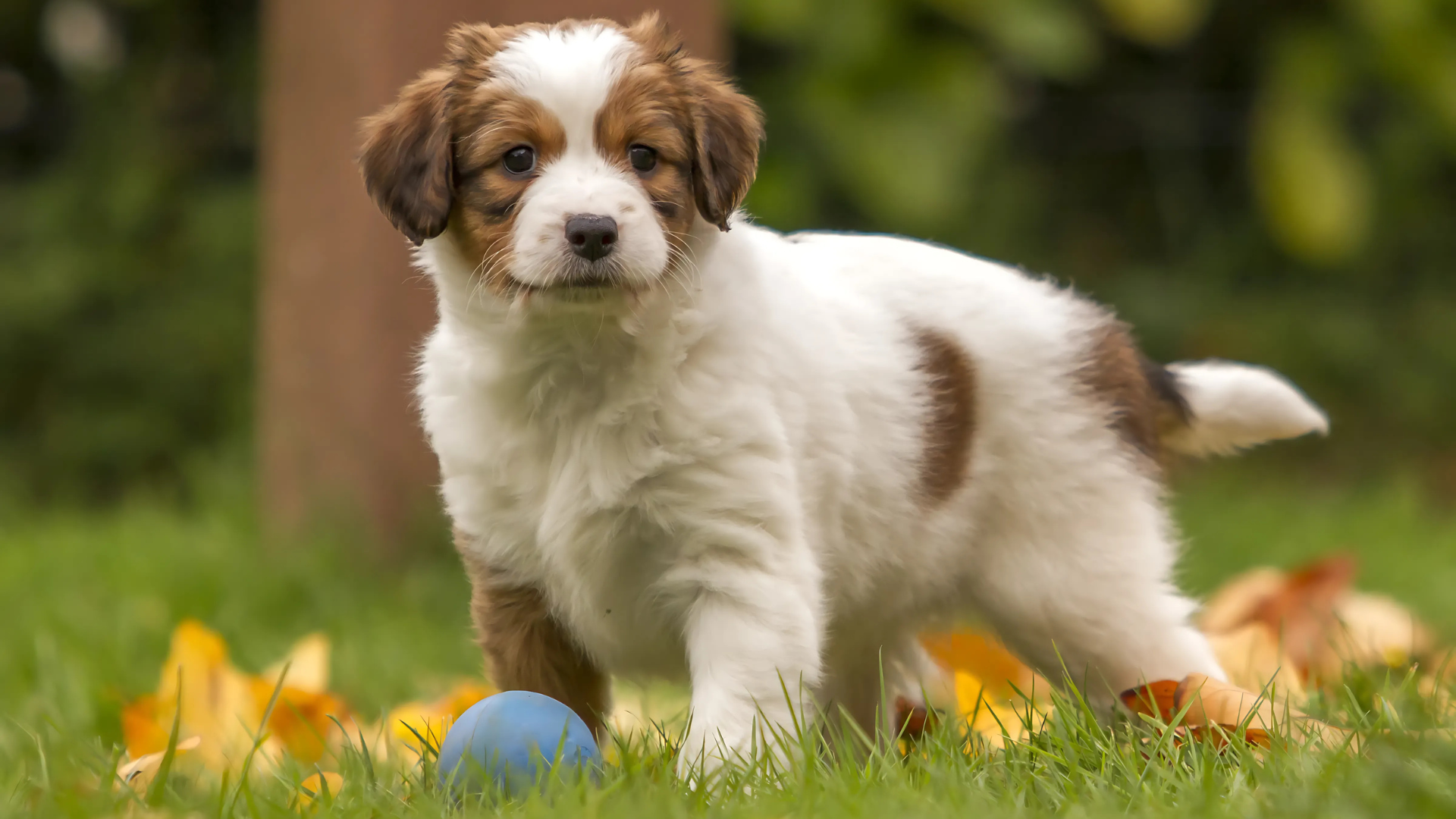
Also called the Dutch Spaniel, this breed is known for being well-behaved without much training. They were used to lure ducks for hunters.
- Size: Small (20-30 pounds, 14-17 inches tall).
- Personality: Lively outdoors, calm and faithful at home.
- Family Life: Quiet, obedient, great for small homes or apartments.
- Care Needs: Moderate shedding, regular exercise needed.
- Best For: Families living in smaller spaces who want an active but manageable dog.
Markiesje
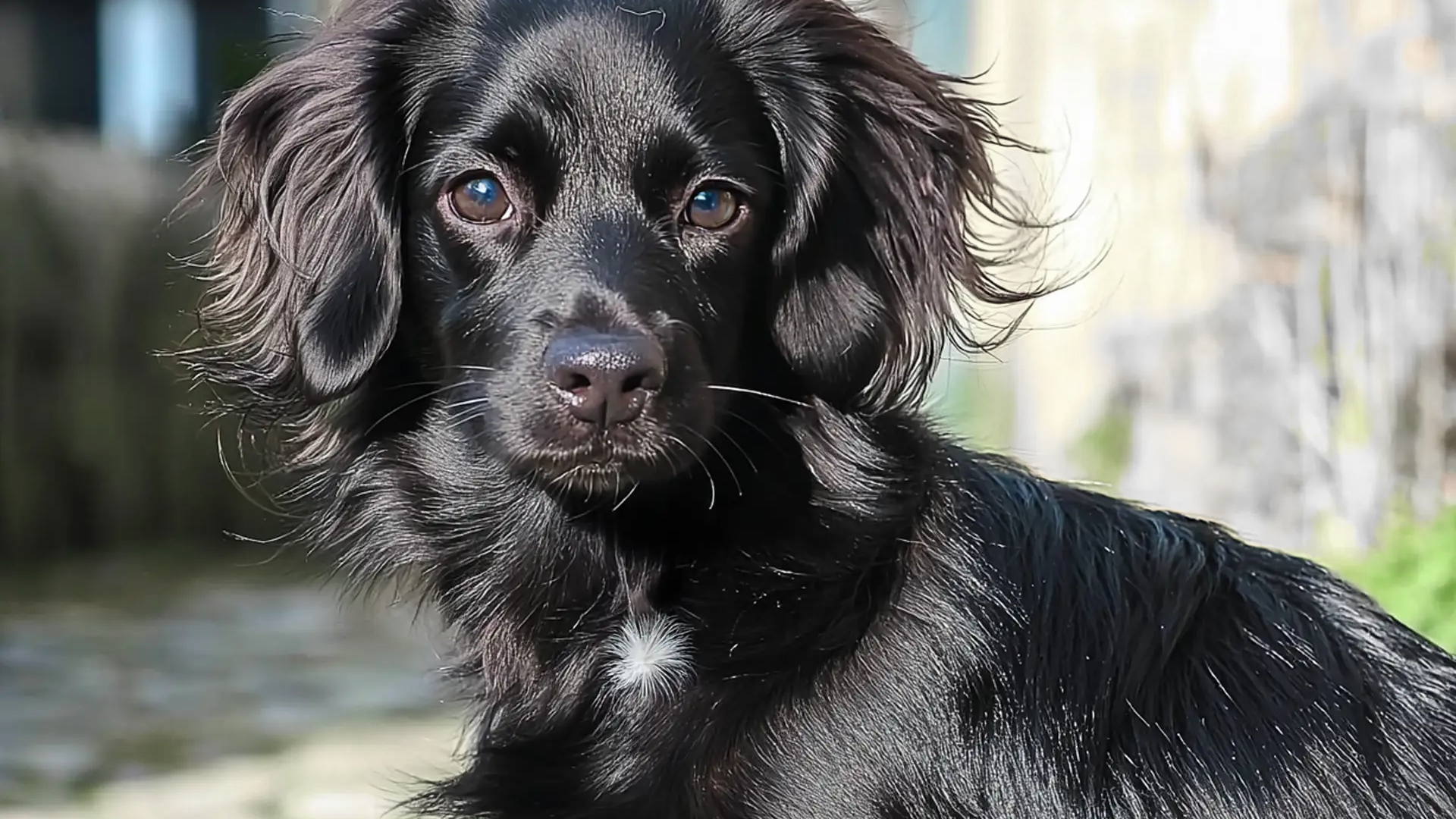
Known as the Dutch Tulip Hound, this rare breed has been a family companion for centuries. They appear in old Dutch paintings.
- Size: Very small (12-14 pounds, 13-15 inches tall).
- Personality: Bright, cheerful, and very active.
- Family Life: Strong desire to stay close to owners all day.
- Care Needs: Moderate shedding, loves long walks.
- Best For: Active owners who can spend lots of time with their dog.
Training and Care Tips for Small Dutch Dog Breeds
Dutch dog breeds are intelligent and eager to please, making them relatively easy to train with the right approach.
Proper care and consistent training from an early age helps these breeds become well-behaved family companions.
- Start Training Early: Begin house training and basic commands when your puppy is 8-12 weeks old. Small Dutch breeds are smart and learn quickly with consistent, positive methods using treats and praise.
- Exercise Daily: Provide 20-30 minutes of daily walks plus indoor playtime. Even small breeds need regular activity to stay healthy and prevent behavior problems from boredom.
- Groom Regularly: Brush 2-3 times weekly for most breeds, daily for long-haired types like Schapendoes. Regular nail trimming and ear cleaning prevent health issues.
- Feed Proper Portions: Use small-breed dog food and feed 2-3 small meals daily. Measure portions carefully – small dogs gain weight easily, which causes joint and heart problems.
- Socialize Early: Expose your puppy to different people, sounds, and situations while young. This builds confidence and prevents fearfulness as they grow up.
Health and Feeding Essentials for Small Dutch Breeds
Dutch dog breeds have specific health and nutrition needs that differ from larger dogs. Understanding these basics helps keep your family’s Dutch companion healthy and happy for years to come.
| Category | Key Requirements | Watch For |
|---|---|---|
| Common Health Issues | Regular vet checkups, genetic testing | Hip/elbow problems, eye conditions, heart issues, epilepsy |
| Daily Nutrition | Small-breed food, 2-3 meals daily, 25-30% protein | Avoid chocolate, grapes, onions; provide fresh water always |
| Weight Management | Measure portions, limit treats to 10% calories | Feel ribs easily, watch for weight gain, increase exercise if needed |
| Preventive Care | Annual exams, monthly parasite prevention, dental care | Early disease detection, vaccinations, spay/neuter at proper age |
| Active Breed Needs | Higher protein for energetic breeds, extra water during exercise | Overheating signs, paw pad wear, increased hunger after activity |
Note: Any changes in eating habits, energy levels, or behavior – small dogs can develop problems quickly, and early detection makes treatment much more successful.
The Bottom Line
Small Dutch dog breeds offer everything families want in a pet. These loyal companions bring joy, intelligence, and gentle nature to homes everywhere.
From the calm Dutch Smoushond to the playful Keeshond, each breed has something special to offer your family.
Remember that owning any dog is a long-term commitment. These breeds can live 12-15 years and need daily care, exercise, and love.
But the reward is worth it; you’ll gain a faithful friend who becomes part of your family.


